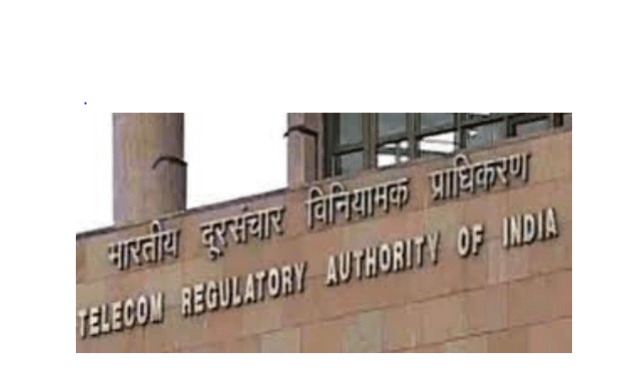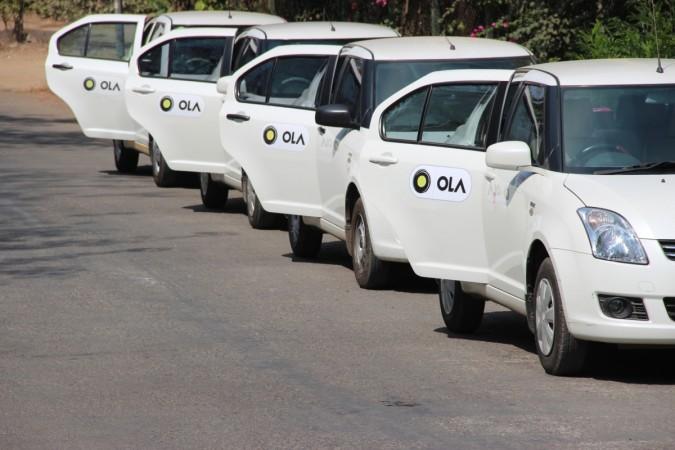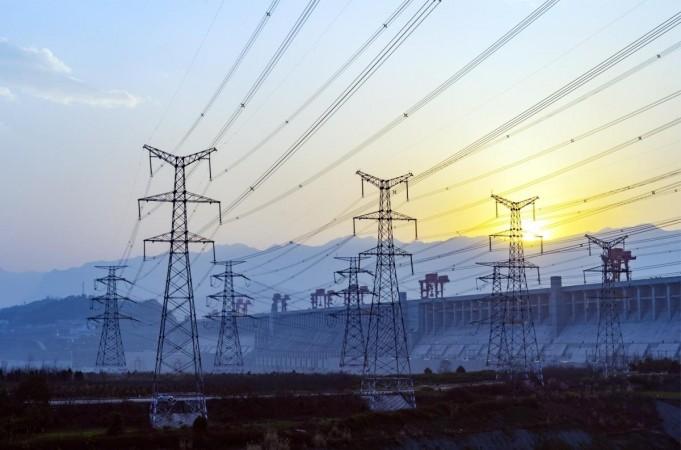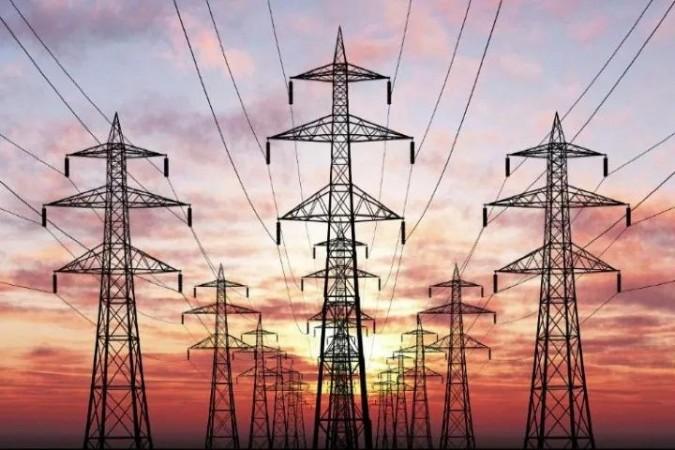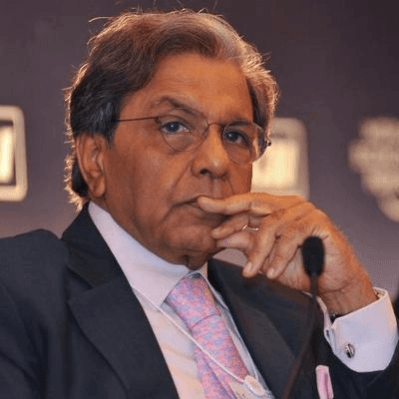
India, the world’s fastest-growing economy, is on a trajectory to become a developed nation by 2047. This ambitious goal, set to coincide with the 100th anniversary of India’s independence, is not just a dream but a vision that the Indian government and its people are committed to realizing. The vision was articulated by NK Singh, a distinguished economist and the Chairman of the 15th Finance Commission, while being conferred the prestigious Honorary Fellowship at the London School of Economics and Political Science (LSE). Singh expressed his honour to join the ranks of eminent Indians like Nobel Prize-winning Professor Amartya Sen and former President KR Narayanan.
Singh emphasized that the vision of a developed India by 2047 is a commitment shared by Prime Minister Narendra Modi and all Union Ministers. To achieve this vision, India needs to maintain its current pace of growth for the next two decades. In the financial year 2023-24, India’s growth rate was 8.2 per cent, which is estimated to be 7.2 per cent in the current financial year. This growth trajectory, if sustained, will propel India towards its goal of becoming a developed nation. Singh’s illustrious career includes his tenure as the Chairman of the Fiscal Responsibility and Budget Management Review Committee (FRBM) and his contribution to several key parliamentary standing committees.
The Indian government’s approach to achieving this vision involves wide-ranging consultations and inputs from state governments, academia, industry, civil society, and the mobilization of the country’s youth. The focus is on building competitive scale in targeted sectors, fostering innovation, and ensuring the development of digital infrastructure that supports growth and inclusivity. The government’s commitment to digital infrastructure is evident in the rapid growth of internet users in India. With 850 million broadband users as of July 2023, India has experienced the fastest growth in internet users globally. The average monthly data consumption per user reached 19.5 GB in 2022, with monthly mobile data usage soaring from 4.5 exabytes in 2018 to 14.4 exabytes in 2022. This exponential growth is expected to continue, with projections indicating a quadrupling of data consumption by 2024, driven by the impending implementation of 5G technology and India’s topping global data consumption in the next five years.
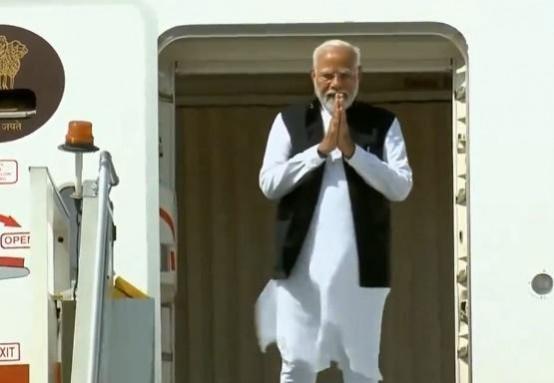
The government’s focus on sustainability is also reflected in its ambitious plan to develop Hydrogen Hubs across the Central Government and State Government ports. Deendayal Port Authority has already finalised MoUs worth Rs 1.68 lakh crore for this venture. The vision of a developed India by 2047 also involves a significant focus on entrepreneurship and innovation. The youth of India are seen as the driving force behind the creation of a vibrant startup ecosystem that fosters job creation, economic inclusivity, and technological advancements. By encouraging a culture of innovation and providing incubation support, the latent entrepreneurial spirit of India’s youth can be unleashed.
In conclusion, the vision of a developed India by 2047 is a collective aspiration that requires the concerted efforts of all sectors of society. With a sustained growth trajectory, strategic investments in digital infrastructure and sustainability, and a focus on entrepreneurship and innovation, India is well on its way to becoming a developed nation by 2047. This vision, while ambitious, is grounded in the reality of India’s current growth and the commitment of its government and people to realize it.



